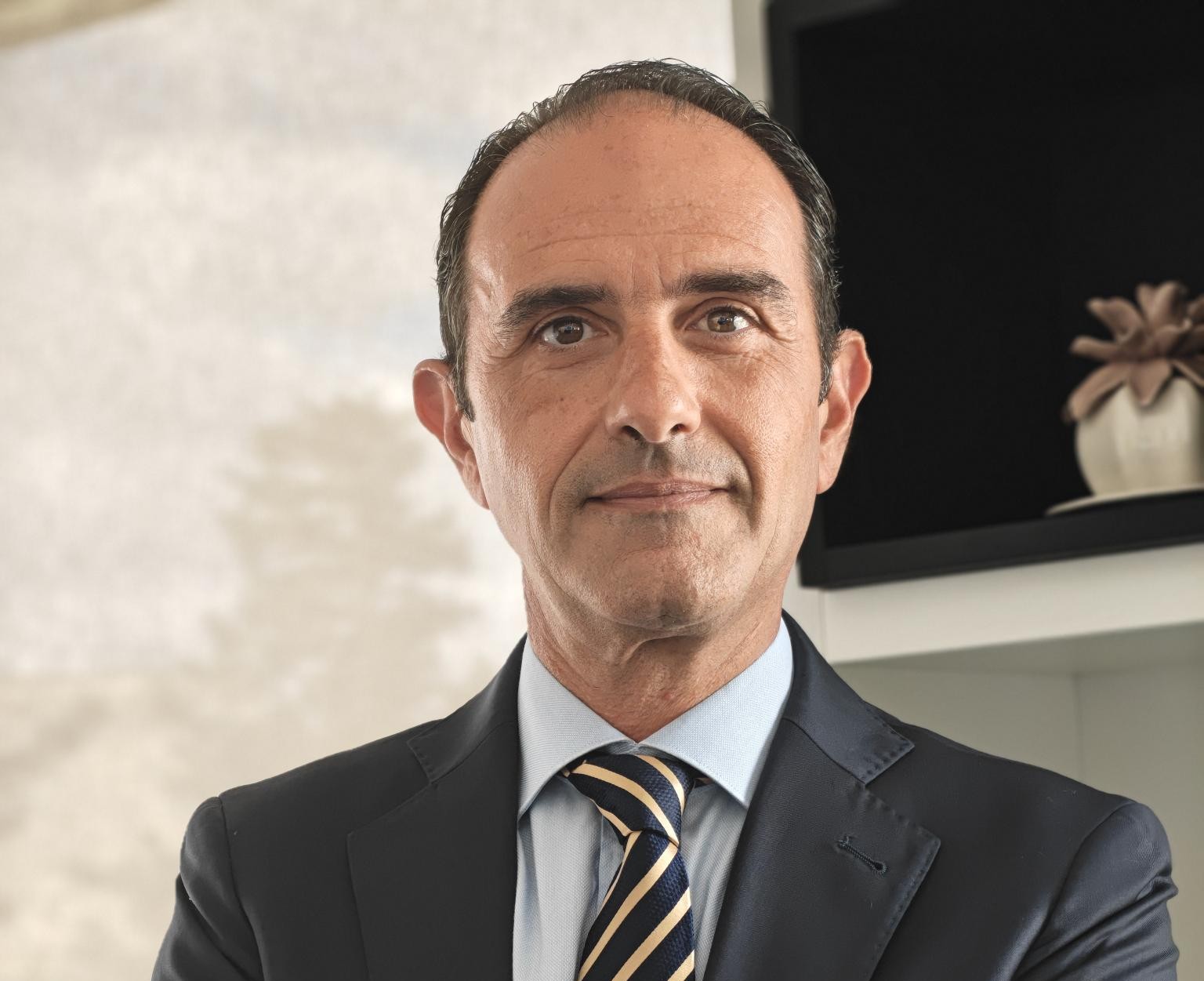Whether you are a manager, a C-level executive, or a line-level employee, what you say, how you say it, and when you say it, are all key factors to consider in practically every situation.
This is particularly the case if one wants to have a more strategic executive voice, establishing credibility and influencing others.
An executive voice is less about one’s performance, and more to do with strategic instincts, understanding context, and being aware of the signals your project through your daily interactions.
Everyone has a preferred way of communicating with others, and doing this with a strategic intent and a good grasp of context can be what separates those who succeed and those who fail in their communication and leadership style. However, finding that strategic intent can seem easier said than done.
Hence, here are five ways business leaders can add a more strategic executive voice to their skillset, fulfilling their untapped strategic potential in the process.
1) Understand the context
Executives often find themselves bringing up ideas in a meeting or conversely, not speaking up when others are looking for their ideas. These situations are easily avoidable if one familiarises themselves with the context of the discussion.
If an individual is the primary authority on a topic, then it is highly likely that they will need to lead the meeting and make final decisions, acts which must be linked to the overall context.
Aspiring business leaders must observe, listen, and fully understand the discussion’s context, knowing or finding out their expected role in advance.
2) Think beyond your role
On some occasions, people fall into the trap of not thinking beyond their function or role.
Strategic leaders are visionaries, and hence take an enterprise view that shifts the focus away from themselves and more on the wider organisation. Additionally, they can develop the ability to speak up about future aspirations and ways of encouraging business growth.
Business leaders thus have to connect their thinking to the organisation’s stakeholders. They must ask themselves how such decisions impact others, and how will they react to them?
3) Cultivate strategic relationships
A key way to build one’s strategic thinking is by leveraging relationships more intentionally, having specific business goals in mind. This requires having senior leaders and executives who bring a strategic perspective of the company’s goals, changes, and other top priorities that one may not normally have access to.
An essential part of having a strong executive voice is widening your knowledge beyond your specific position, department, or area of expertise.
Business leaders need to find some time to reach out to others outside of their team to learn more about how they fit into the business, their goals and challenges, and to discuss different ideas and possible ways of collaborating.
4) Propose solutions
It’s easy to point at difficulties, but it is much tougher to propose a solution and a way forward.
Leading strategically with a strong executive voice involves problem solving, or encouraging means of proceeding and resolving an issue, rather than simply highlighting it.
Business leaders must do their homework and take the lead in analysing situations, brainstorming ideas that go beyond what is already obvious. Even if they do not possess the perfect solution, this can instigate others to think as well, coming up with their own ideas.
5) Remain calm
A vital element of leadership is staying calm and composed when others are not.
When business leaders are able to remain calm and stick to facts and objectives, rather than being easily rattled by the first issue that comes up, then they can lead with a strong executive voice.
It is during the most stressful times that business leaders are needed the most, and they have a crucial role to help others remain on track.
Give back to the community: 5 ways business leaders can use their influence to be more philanthropic
Given social media’s rise in recent years, business leaders’ roles as instigators for social change have never been greater.
3 strategies to help your team manage stress and stay productive
As a leader, you play a crucial role in creating a workplace culture that prioritises both productivity and employee well-being.
5 key self-development tips every business leader needs to take note of
Self-development can come in the form of better leadership skills, growing a wider network of contacts, and also an improved ...
Give new life to your plans: 5 tips for business leaders to turn strategy into execution
Business leaders have to strike a balance between the resources they have available and the urgency of a particular task.









